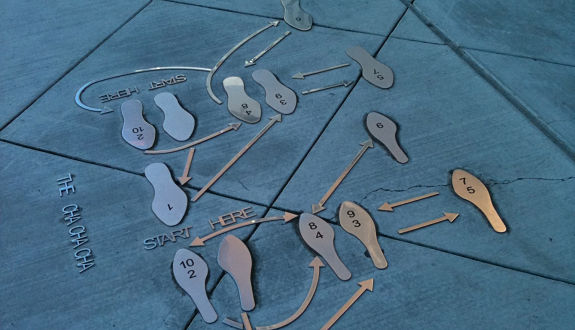Should You Write a Diversity Statement for Law School?
- by
- Sep 23, 2015
- Admissions, Personal Statements
- Reviewed by: Matt Riley


Everyone knows you need to write a personal statement when applying to law school, but did you know you might need to write a diversity statement too?
Before I share tips on how to write one, let’s first talk about the purpose of the diversity statement.
Good law schools want a rich learning environment for their students. A rich learning environment involves the inclusion of different perspectives, backgrounds, experiences, and philosophies contributing to the dialogue, debate, and discussion in each class. Good law schools recognize that having a diverse student body is a benefit to all law students (and to law professors as well). The diversity statement is one way to see if an applicant would contribute to a diverse 1L class, because the application form may not give the law school admissions committee enough information about the applicant’s background and diversity factors.
If you’re applying to law school, I highly recommend that you think hard about whether you have any diversity factors.
Diversity factors include, but are not limited to, the following:
• Ethnic minority
• Low-income childhood
• Low-income now
• First generation in your family to graduate from college
• GLBTQ community
• Non-traditional student (i.e., older student)
• Single parent while attending college
• Disabilities (learning, physical, mental)
• Underrepresented religious affiliation
• Immigrant
• Foster child
• Grew up in an unusual neighborhood, town/city, or country
• Grew up with unique circumstances that are underrepresented in the law school’s student body
If you have any of these factors in your background, you should consider writing a diversity statement.
Most law schools’ application instructions state that the diversity statement should be submitted as an addendum and/or optional essay. If the school does not specifically ask for a diversity statement, contact the admissions office to see if they will accept one. Some schools would rather you incorporate your diversity factors into your personal statement, while others are open to it being a separate essay.
So, how do you go about writing a diversity statement?
First, I recommend reading some great diversity statements. Download my FREE Personal Statement Packet and read the four diversity statement samples included in it. You can get a good idea of how to approach and structure a diversity statement by carefully reading and analyzing these samples. Similar to the personal statement, the diversity statement is essentially a structured short story about YOU. Keep in mind, though, that your diversity statement is much shorter than your personal statement–it should generally be one page, double-spaced, with a 11- to 12-point font.
Second, read each of the diversity statements again and read the adjoining personal statements that go with them. Notice how the applicant’s diversity factor(s) might be mentioned in his or her personal statement, but they are covered in more detail in the diversity statement. I recommend that you do this. As law school officials always tell me, “Applicants need to self-identify!” And I would add, applicants need to self-identify in more than one place in their law school application.
Third, please remember as you’re writing your draft that the diversity statement should be focused generally on your family background and upbringing. If you start veering towards other stories about your life or career, or why you want to go to law school, know that you’re veering towards personal statement territory. Steer yourself back to focusing on your family background and upbringing.
Lastly, when you have a draft of your diversity statement that is ready for human consumption (usually your second or third draft), have several trusted and objective people review it. Look for patterns in the feedback given to you. If two people say the same thing, pay attention. Then revise, revise, revise until your diversity statement is the best that it can be.
PEG CHENG is the author of The No B.S. Guides for applying to law school and the founder of Prelaw Guru, where you can find law school admissions tips, videos, books, and more.
Diversity statements may not apply to everyone. Your LSAT score will still reign supreme over your law school application. Make sure you can do your best by using the best LSAT prep. Schedule a call with us to find what LSAT prep course works best for you!
Search the Blog

Free LSAT Practice Account
Sign up for a free Blueprint LSAT account and get access to a free trial of the Self-Paced Course and a free practice LSAT with a detailed score report, mind-blowing analytics, and explanatory videos.
Learn More
Popular Posts
-
logic games Game Over: LSAC Says Farewell to Logic Games
-
General LSAT Advice How to Get a 180 on the LSAT
-
Entertainment Revisiting Elle's LSAT Journey from Legally Blonde








